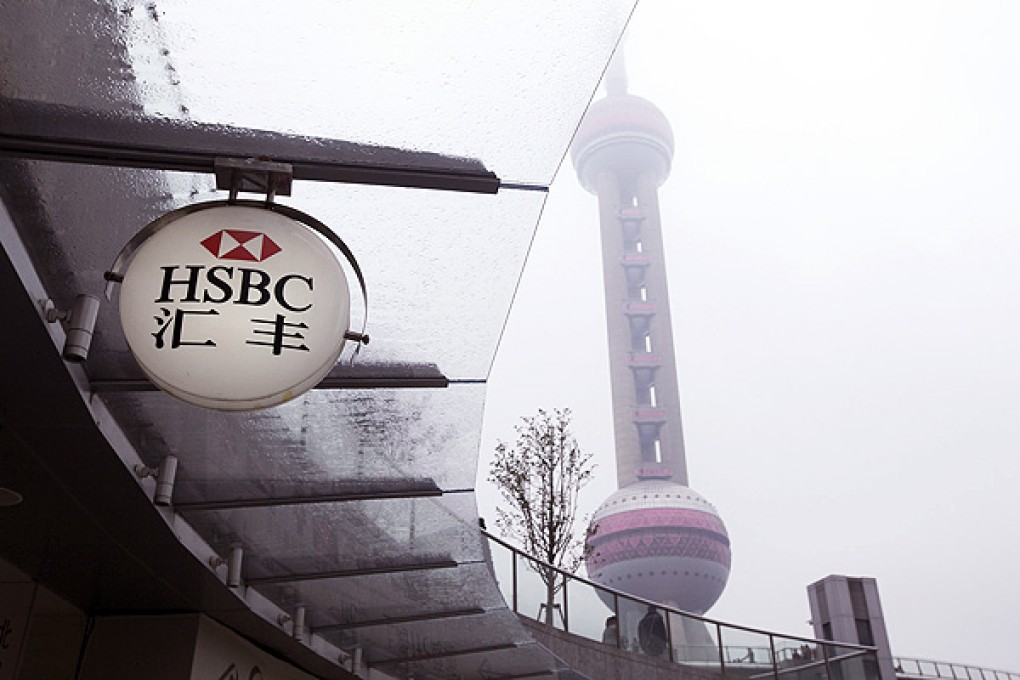Exclusive | HSBC and Standard Chartered among first Shanghai free-trade zone banks
Lenders are expected to be among the first foreign banks to offer more yuan services as part of Beijing's plan to open up Shanghai

HSBC and Standard Chartered are expected to be among the first batch of foreign banks to offer a wide range of banking services in the mainland's first free-trade zone, in Shanghai, with Beijing wanting to open its financial sector wider to foreign investment.

The two foreign banks have conducted business in China for more than a century and Beijing often selects them to take part in innovations, particularly in recent years those related to yuan business, with the central government keen to make its currency more global.
Raymond Yeung, an economist at ANZ Banking in Hong Kong, said Shanghai was the mainland's financial centre and the free-trade zone would allow the two banks to "operate under a less-restricted or free market, just like Hong Kong".
"The tremendous business opportunity could help the business expansion of foreign banks on the mainland," he said.
A Standard Chartered spokeswoman said the bank was committed to contributing to the further development of the zone, but declined to comment on regulatory approval or other decisions. An HSBC spokeswoman also declined to comment.